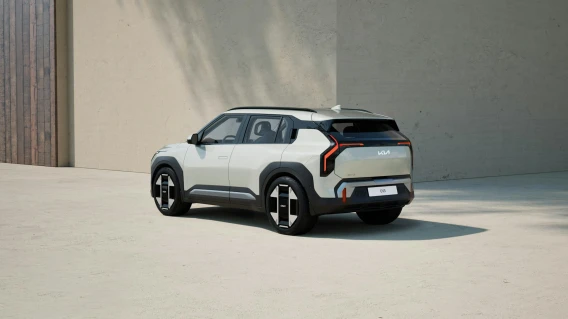
Qué es el lavado de títulos?
Lea este artículo para descubrir qué es el lavado de títulos
Búsqueda del VIN
Aquí lo puedes encontrar:

La compra de un vehículo es una decisión financiera importante, por lo que es recomendable disponer de la mayor cantidad de información posible antes de realizar la adquisición. Mediante la búsqueda del VIN (número de identificación del vehículo) del Departamento de Vehículos Motorizados, puede conocer el historial del coche, incluidos los propietarios anteriores, las reclamaciones de seguro, etc. Con tan solo gastar ahora unos pocos dólares en una consulta del registro VIN, puede evitar ahorrarse miles de dólares en la reparación de un vehículo o, lo que es peor, que se lo confisquen por robo o deudas de préstamos sin pagar. ¿Pero cómo funcionan estas comprobaciones y qué información puede obtener? Si tiene interés en averiguarlo, siga leyendo.
Cuando se fabrica un vehículo, se expide un número de identificación de 17 dígitos. Este número es exclusivo del vehículo y contiene información sobre dónde se fabricó el coche y quién fue el fabricante, así como su equipo estándar. Esta información por sí sola es útil para verificar la autenticidad del vehículo.
Este número también se emplea para identificar el coche en toda la documentación oficial, incluidos los documentos expedidos por el Departamento de Vehículos Motorizados (DMV) y las compañías de seguros. Al realizar una búsqueda a través de las bases de datos oficiales, nuestro sitio puede elaborar un historial del vehículo, que incluye los registros, las reclamaciones de seguro y más datos. Mientras que un VIN decodificado indica cómo se fabricó el vehículo, un informe de VIN determina lo que sucedió desde que el vehículo salió de la línea de producción hasta ahora.
Existen vendedores sin escrúpulos que pueden falsificar los coches y vendernos una chatarra. Es posible que otros vendedores intenten ocultar los daños de accidentes y desastres naturales. Otras veces, un vendedor acaba con lo que cree que es un vehículo impecable, pero en realidad desconoce partes ocultas de su historial que pueden causarle problemas en el futuro. Si el vehículo es robado, se puede recuperar y devolver al primer propietario. En el caso de que el coche tenga un gravamen, puede confiscarse y el emisor del préstamo puede recuperar su dinero. Por otro lado, también existe el lavado de títulos a través del cual el vehículo está registrado en un estado diferente para eliminar las marcas de propiedad. Esto se traduce en problemas graves, como que el seguro dé de baja el coche. Si comprueba la información del DMV, obtendrá el historial legal completo del vehículo para que pueda valorar mejor si es seguro comprarlo.
Obviamente, esta información también es útil para los vendedores. Aunque no es posible obtener un informe gratuito del VIN, gastarse unos pocos dólares en uno les permite conocer a los compradores exactamente lo que van a comprar. Asimismo, es útil para vender el vehículo a un precio más alto que un coche con un historial desconocido.
Por supuesto, necesitará el VIN para obtener un informe del DMV para la consulta del VIN. Podrá encontrar este número en el vehículo como se indica a continuación:
Cuando tengas el VIN, introdúcelo en nuestra página web. Nuestro decodificador VIN DMV utilizará el VIN para facilitarle datos de fábrica sobre el vehículo, incluidos el año, la marca, el modelo y el motor. De este modo, puede comprobar que el VIN coincide con el coche. A partir de ahí, puede adquirir una revisión del DMV para obtener un historial completo del vehículo, basado en información oficial de organismo privados y públicos.
¿Está pensando en comprarse un vehículo? Ofrecemos paquetes para varias revisiones que le permitirán ahorrar dinero cuando necesite comprobar cada coche en el que esté interesado.
Si bien un informe gratis de revisión del DMV solo ofrece un informe básico del VIN, con un poco de dinero obtendrá un informe completo del historial del vehículo. A continuación, detallamos la información que puede encontrar en uno de estos informes:
Si bien es posible encontrar información por su cuenta, obtener un informe VIN le da acceso a todos estos datos en varios estados casi al instante.
Descubra consejos de expertos, sugerencias y noticias sobre la compra y el mantenimiento de vehículos usados.

Lea este artículo para descubrir qué es el lavado de títulos

Una guía completa sobre las mejores opciones en el mercado para un SUV con baj...

Lea este artículo para descubrir mucha información sobre el motor del automóvi...